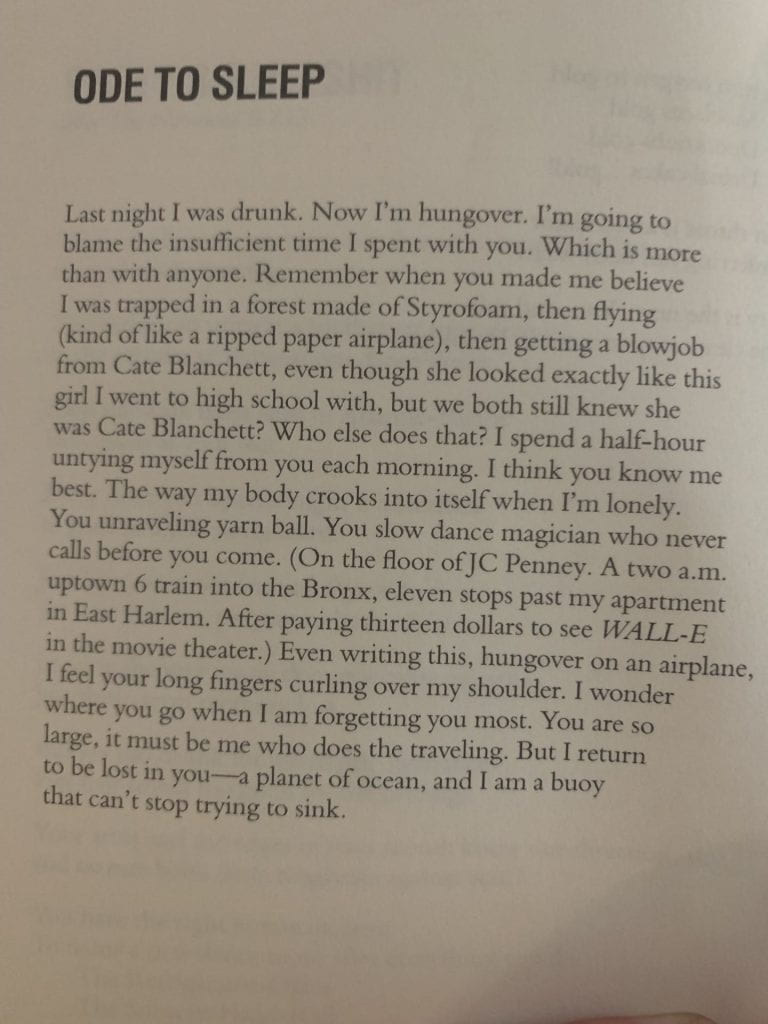You may write me down in history
With your bitter, twisted lies,
You may trod me in the very dirt
But still, like dust, I’ll rise.
Does my sassiness upset you?
Why are you beset with gloom?
’Cause I walk like I’ve got oil wells
Pumping in my living room.
Just like moons and like suns,
With the certainty of tides,
Just like hopes springing high,
Still I’ll rise.
Did you want to see me broken?
Bowed head and lowered eyes?
Shoulders falling down like teardrops,
Weakened by my soulful cries?
Does my haughtiness offend you?
Don’t you take it awful hard
’Cause I laugh like I’ve got gold mines
Diggin’ in my own backyard.
You may shoot me with your words,
You may cut me with your eyes,
You may kill me with your hatefulness,
But still, like air, I’ll rise.
Does my sexiness upset you?
Does it come as a surprise
That I dance like I’ve got diamonds
At the meeting of my thighs?
Out of the huts of history’s shame
I rise
Up from a past that’s rooted in pain
I rise
I’m a black ocean, leaping and wide,
Welling and swelling I bear in the tide.
Leaving behind nights of terror and fear
I rise
Into a daybreak that’s wondrously clear
I rise
Bringing the gifts that my ancestors gave,
I am the dream and the hope of the slave.
I rise
I rise
I rise.
The poem covers how Maya feels oppressed. However the poem takes an unexpected turn as she turns this and decides to be happy and grateful with her life instead of letting the oppressors win. She talks of the different ways in which they can alter her name and what she has done with “twisted lies” and how they can bury her in the dirt yet “Still, like dust, I rise.” Remarking how it is an inevitable event that will occur as a force of nature even. She then uses the next couple stanzas to remark on how they need to not only not treat her as equal, but want to put people of color so far down that they are left unhappy if anyone is okay with themselves. She uses three stanzas with different lines comparing how she acts like she is rich and that she acts as such and how that happiness is what she feels when it comes to her life. There is a lot of different allusions to her just being rich and how that has affected her for the better because she would be proud of who she is and how she talks. She uses similes to compare herself to rich extravagant things as well which points to how she personally views herself. The items to compare to are oil drills, gold mines, and diamonds which all lead to nothing but wealth. Also there is a description of how the oppressors question why she does not feel sorry for herself. As if she is not trash and her life is not bad. Racism is quite obviously at play here and yet her response to all of it was that she as a person did not truly feel that these stereotypes and rules that were set on her would be the chains that broke her. Instead she believed that she herself has broken those chains and that no matter what she knows her value as a human being. She should be proud of her culture and past that is rooted in pain and leaving behind the terrors that came with them. Through everything that has or will occur she chooses to rise above it all because she herself is better than that and she knows that the day she decides against rising is the day that she would lose all hope and give the enemy the exact thing that they were looking for. The overall message is not just how letting her oppressors win with their racist remarks and cut throat ways is not the way to defeat them. Rather the full message is that we matter no matter who you are and that when someone tells you otherwise there is not much wisdom in the words they give. The only way that they win is if we allow ourselves to lose by giving in. Overall I really like this poem because it tackled a big issue and has smaller issues implanted within it making it enjoyable to see a poet so brave that is willing to call out these issues that are laid in front of her.


